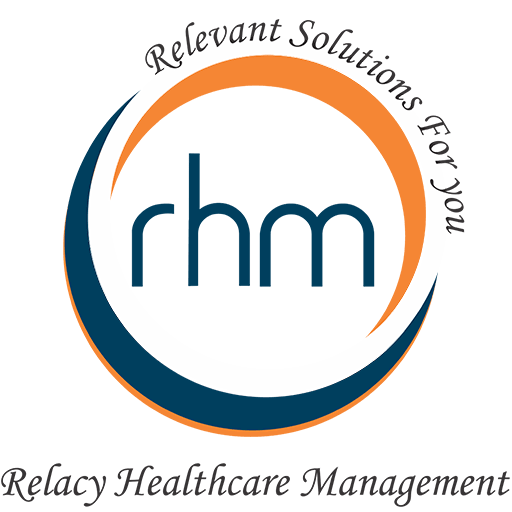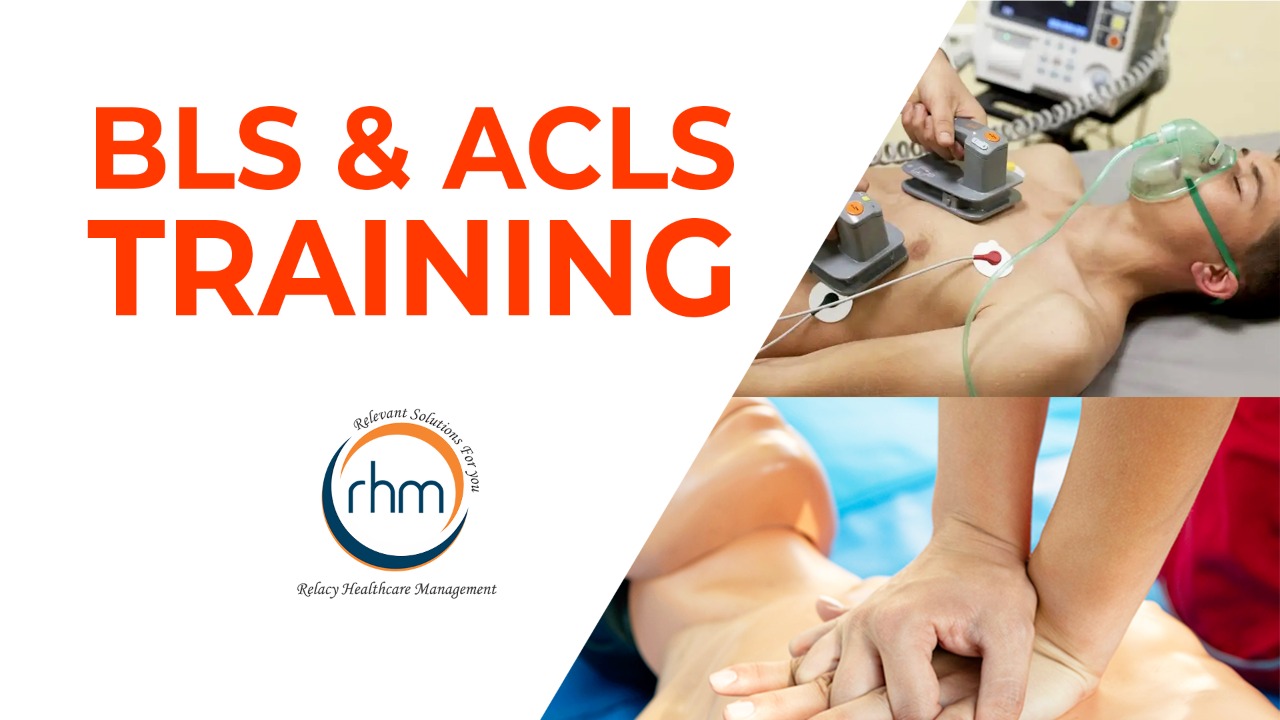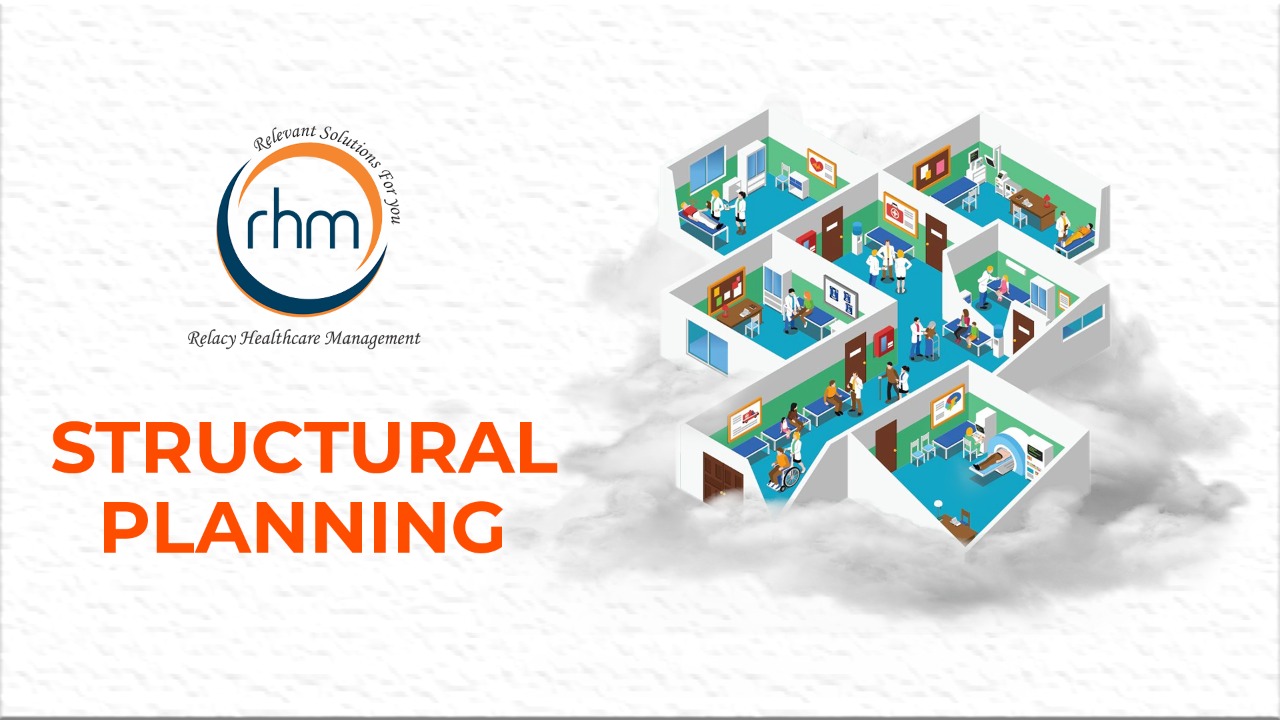Why has BLS & ACLS become a Necessity Today?
According to statistics, more than 350,000 cardiac arrests occur outside of hospitals, with over 200,000 occurring within the confines of a healthcare facility. However, only 46% of patients receive effective CPR.
In an effort to improve cardiac arrest outcomes,several guidelines for performing CPR, as well as certified basic and advanced life support training courses have been designed. These guidelines have become a standard in the training of medical professionals all over the world.
The primary goal of such courses is to teach cognitive as well as psychomotor CPR skills, which aid in providing standardized care to cardiac arrest victims in accordance with specific guidelines. Furthermore, such courses assure to provide information as well as hands-on practice in cardiac arrest situations.
What is BLS and ACLS Training?
BLS or Basic Life Support is an important skill for any healthcare professional to learn. The BLS Training provides training of the basic level of professional care for victims of cardiac arrest. The main objective of BLS is to assist the patient during an emergency until specialized care can arrive. It teaches the skills of field safety and patient assessment, chest compressions, breathing, and the use of an AED and a bag valve mask (BVM). whereas Advanced Cardiac Life Support (ACLS) certification goes a step further. ACLS training focuses on identifying potentially life-threatening conditions, such as a stroke or heart attack, and then applying the appropriate treatment Strategy.
Why Is This Training Important?
Even though nursing professionals are often the first to witness a cardiac arrest in a facility, they must have up-to-date technical knowledge and practical skills in order to contribute more effectively to cardiac arrest maneuvers. There has been a fourfold increase in the survival rate of cardiac arrest victims with professionally trained nurses in BLS and ACLS. The Relacy Healthcare Management’s BLS & ACLS Training provide theoretical knowledge as well as practical skills that enables healthcare professionals to be more swift, efficient, and integrated in their performance of cardiopulmonary reanimation.
Conclusion
Through such improvised courses, Relacy Healthcare Management (RHM) strives to motivate all healthcare professionals to master critical CPR skills, empower them on a physical and mental level, and shorten the time between training and demonstration of competence in a training environment.


